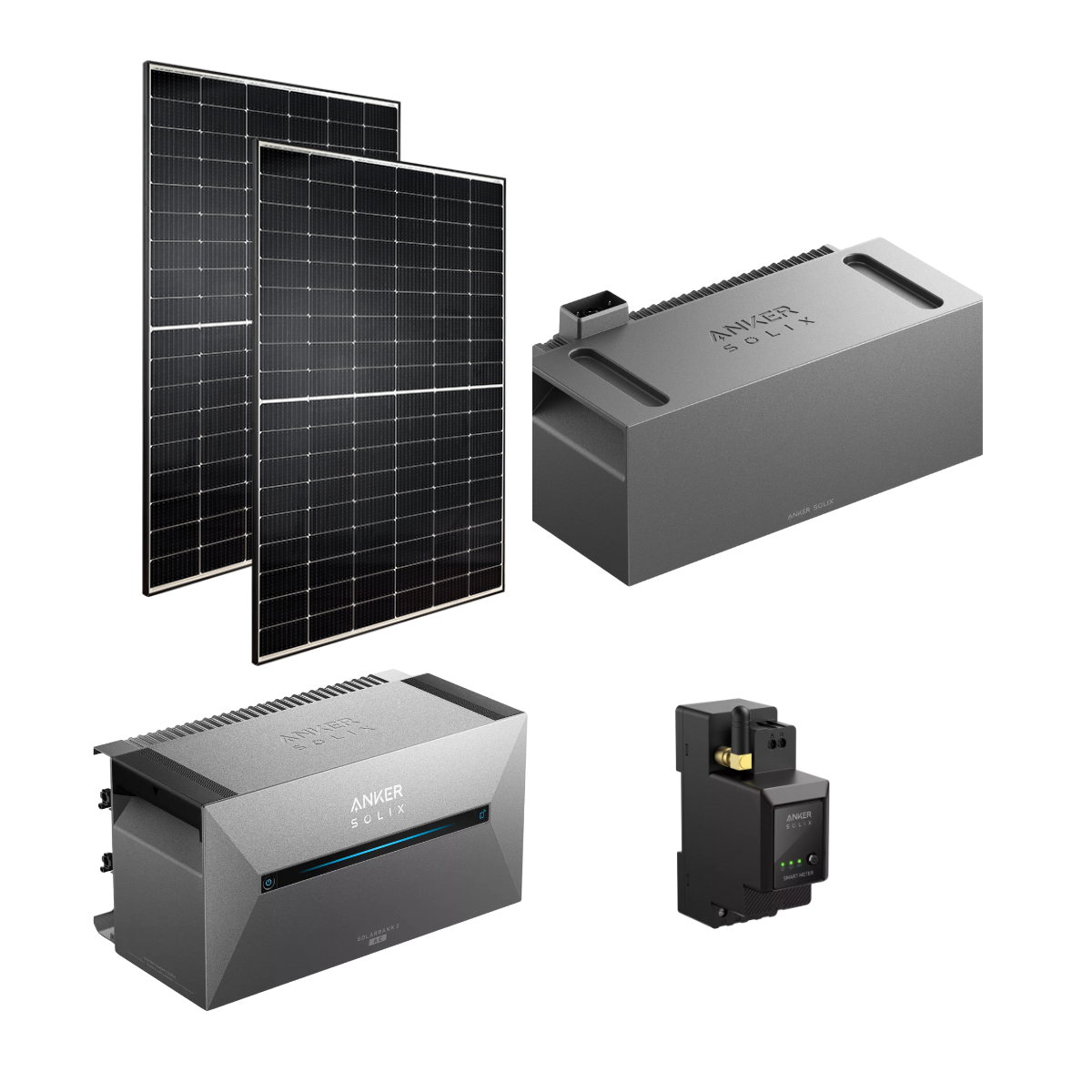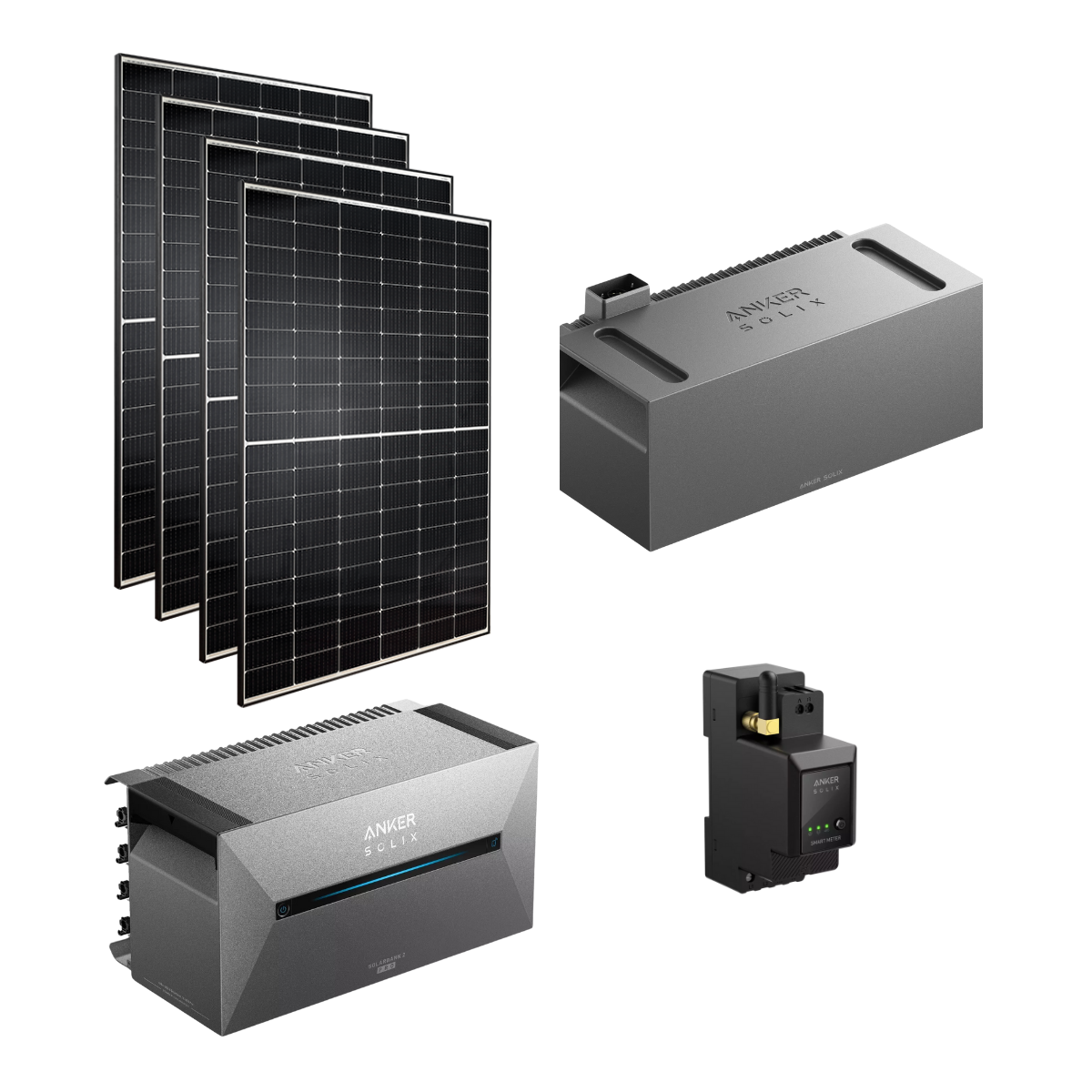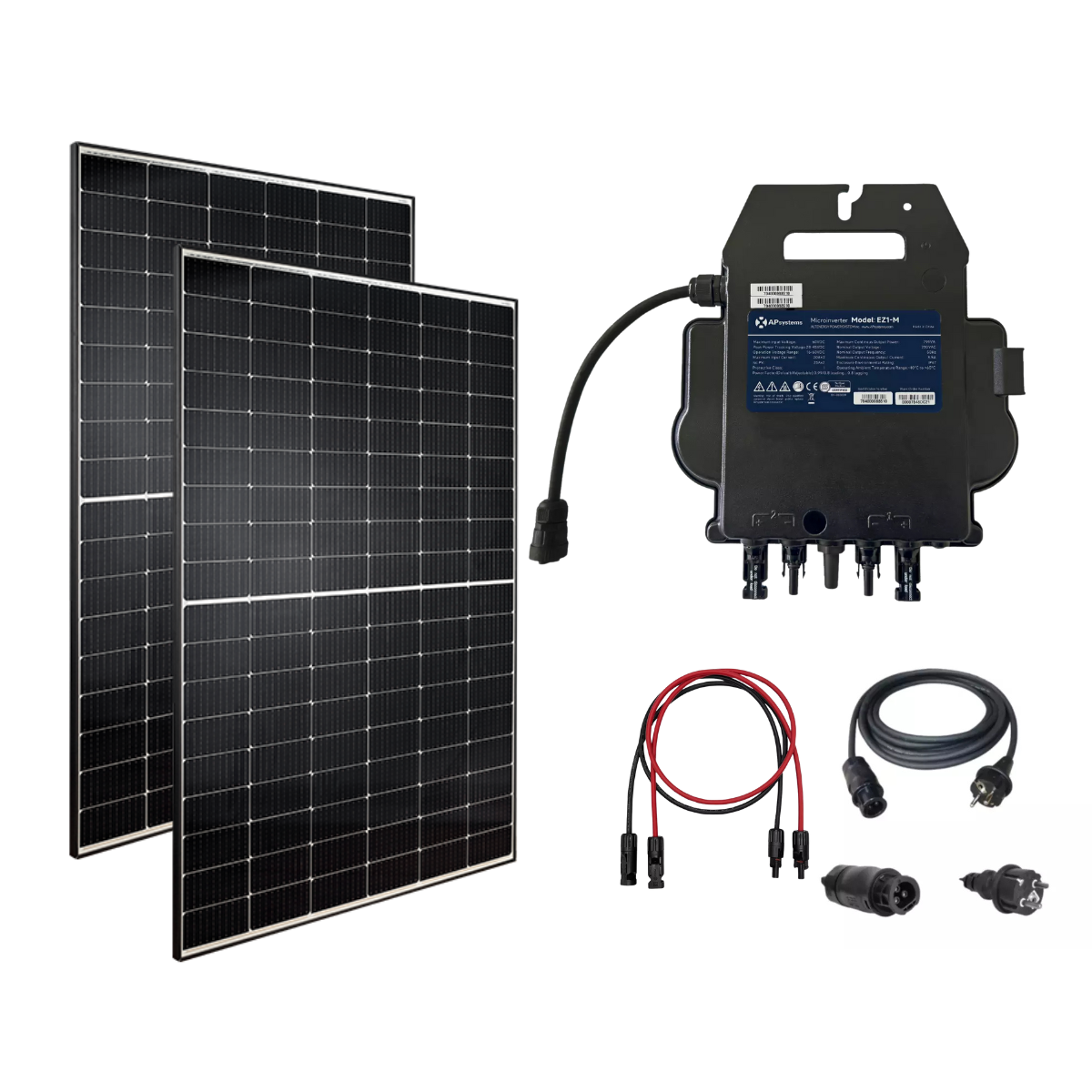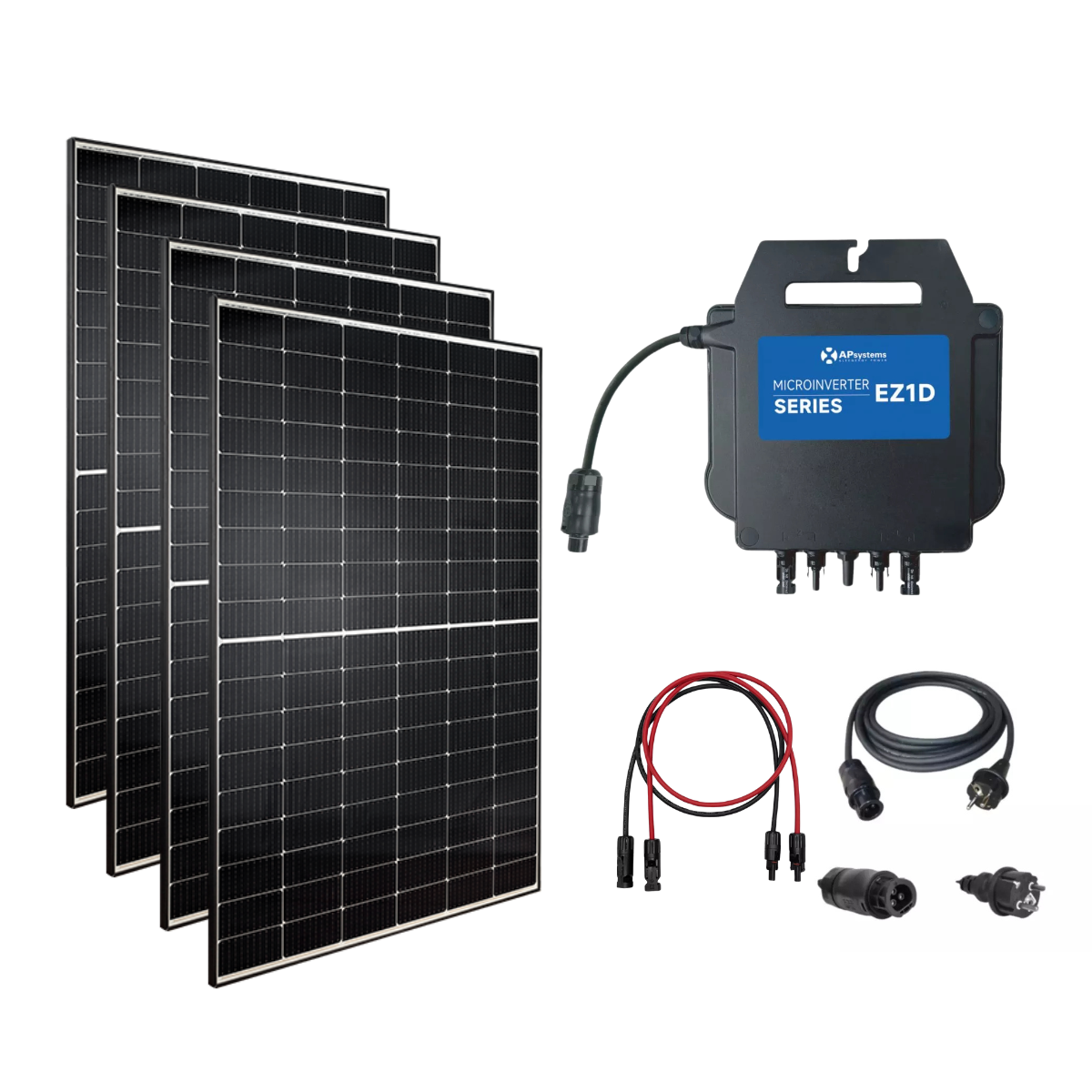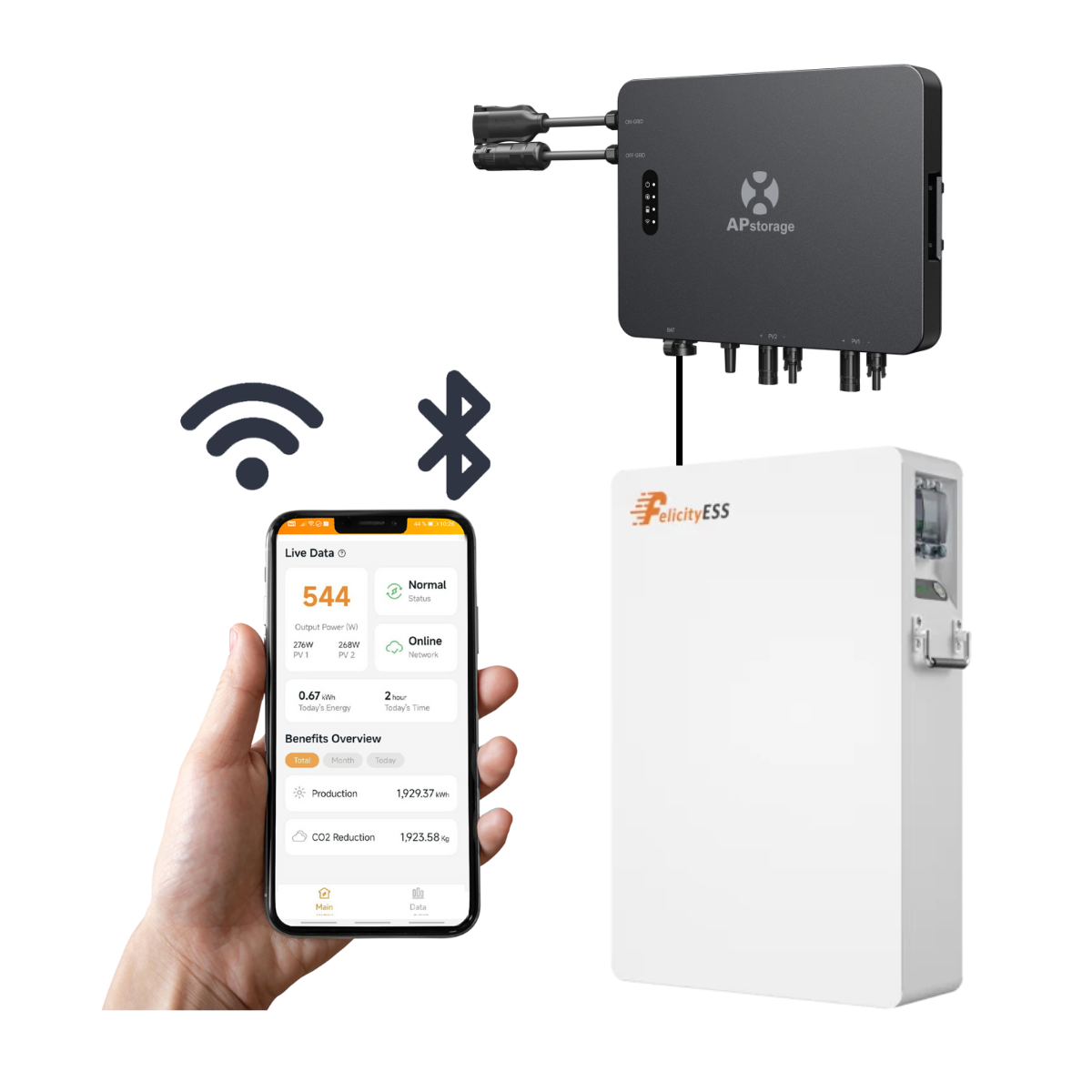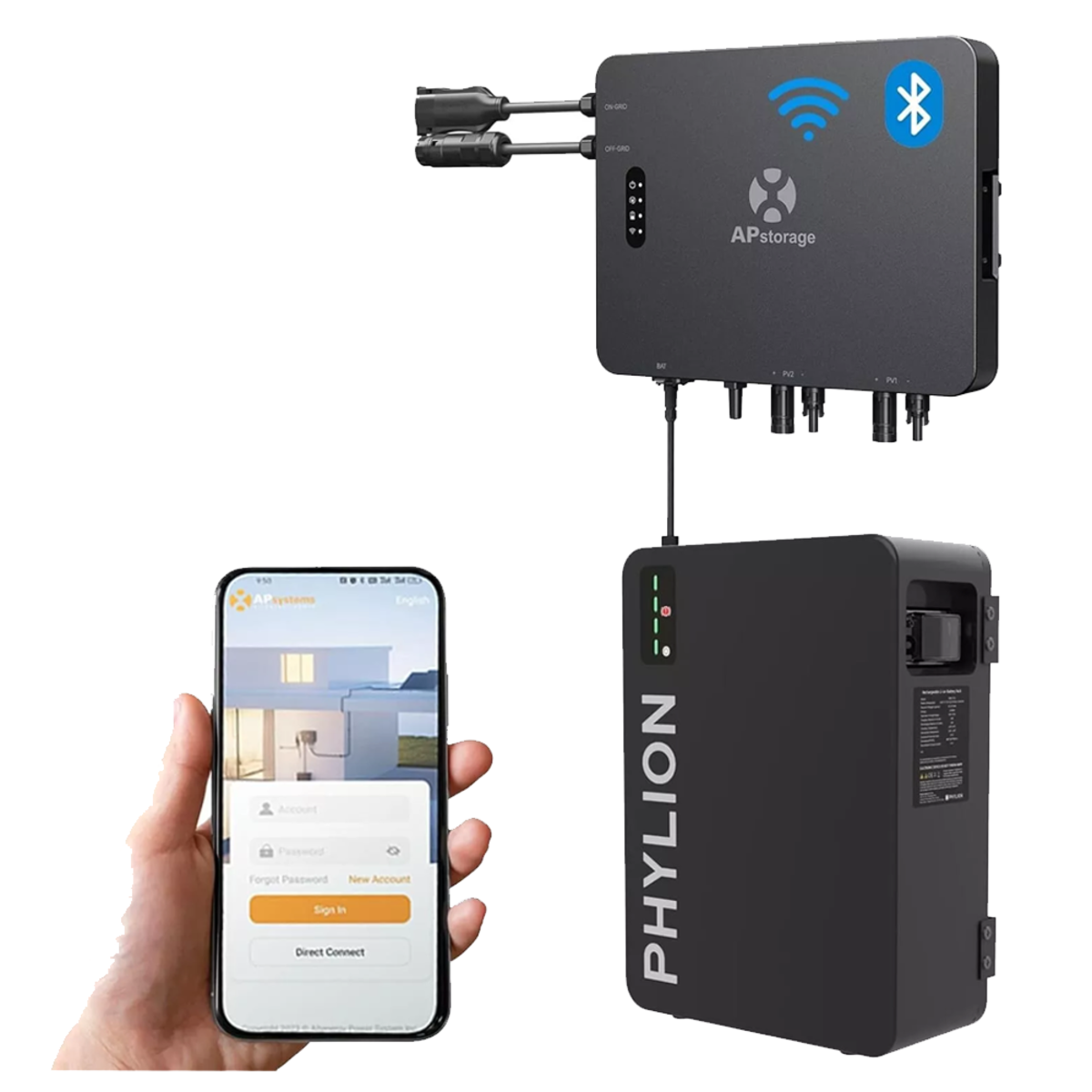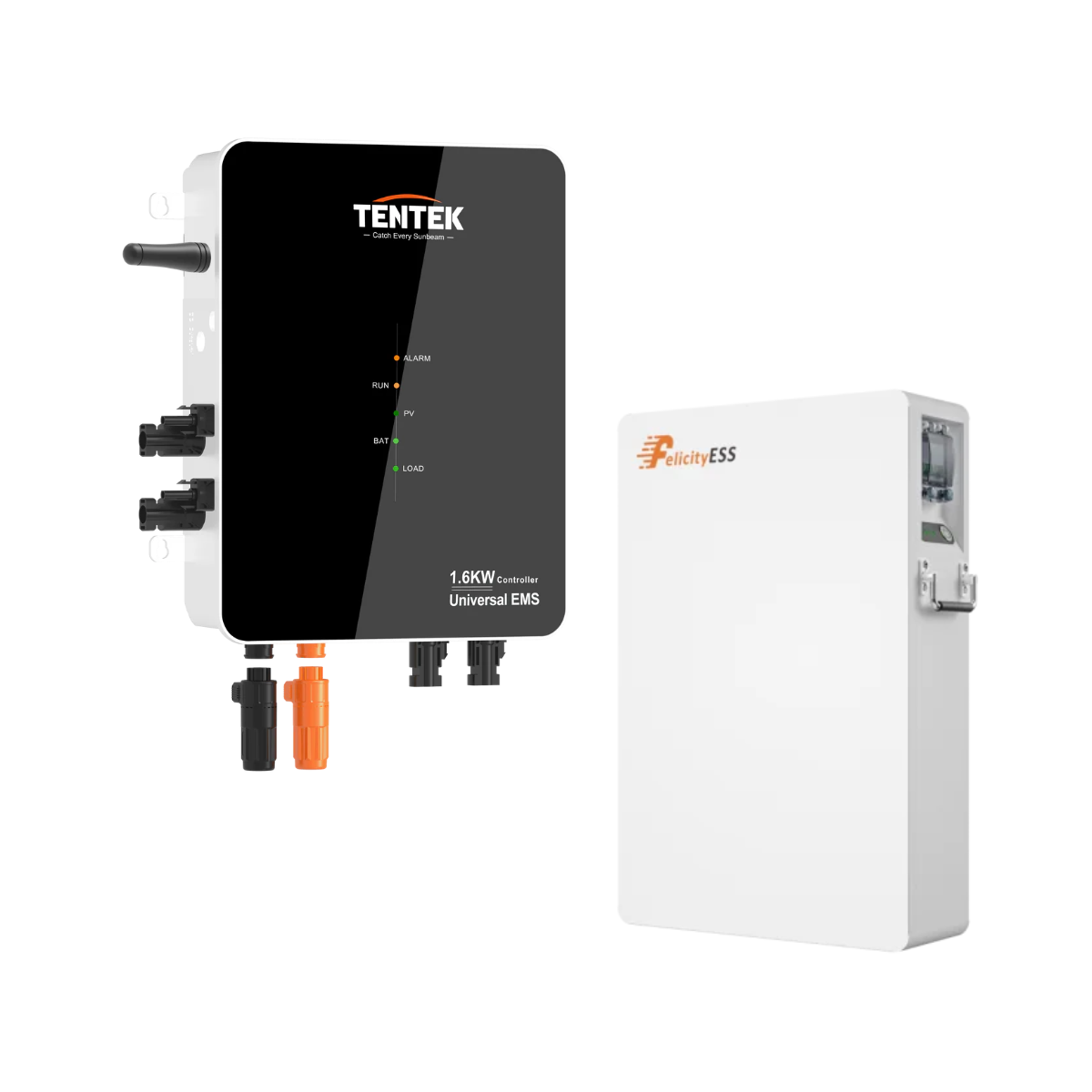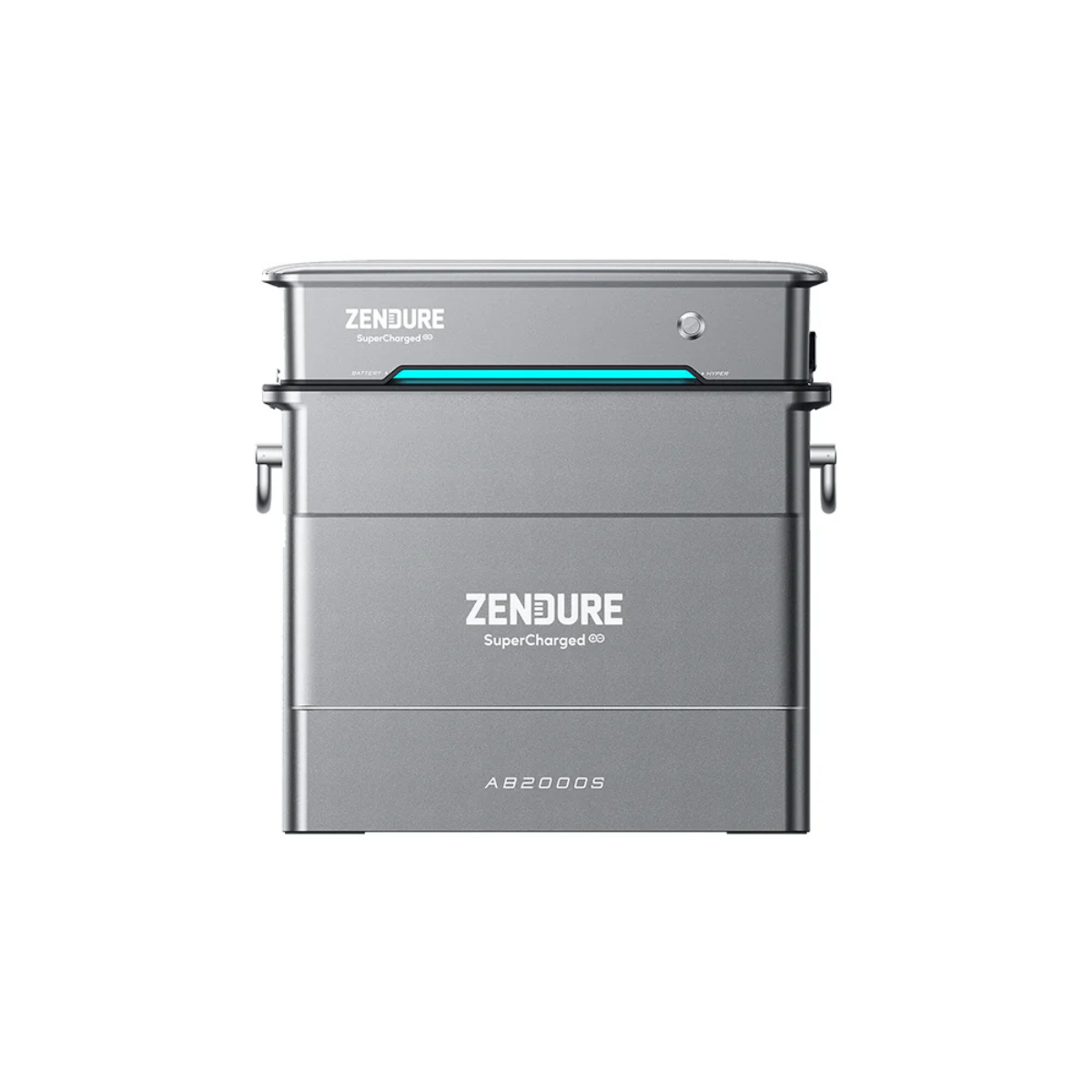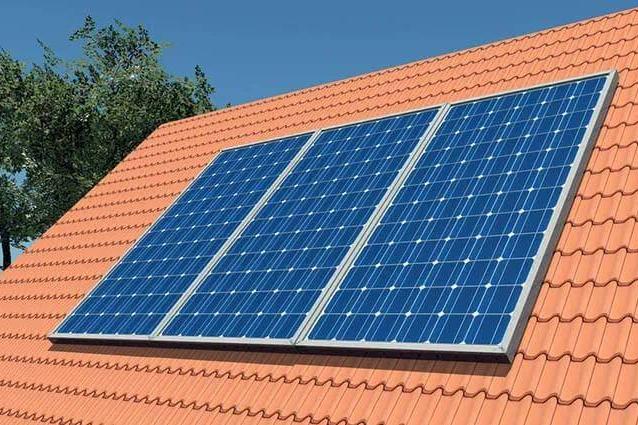Tax rules for photovoltaics: PV systems mostly tax-free since 2023
Private photovoltaic systems and solar power storage systems have been tax-exempt in most cases since 2023. This means lower costs and less bureaucracy. These rules apply.
- Income from PV systems and self-consumption is exempt from tax
- The usual 19 percent VAT on purchase and installation is waived
- Tax exemptions only apply to photovoltaic systems under 30 kWp
Since 1 January 2023, the purchase of smaller PV systems for a residential building no sales tax This tax exemption also applies to associated components such as power storage. The operators of the solar systems must Power feed-in into the public network and the Self-consumption also do not pay income or sales tax.
How are PV systems taxed?
The Delivery of solar modules to the operator a PV system is tax-free, if their power does not exceed 30 kilowatts peak (kWp) and they are installed on or near a residential building – for example, on the garage or in the garden. This is stipulated in the Sales Tax Act. When purchasing, the net and gross amounts on the invoice are therefore the same.
The exemption from sales tax – colloquially also called VAT – also applies to all essential components of a photovoltaic system: not only for the modules, but also for inverters and battery storage systems, which serve to store the generated solar power. The regulations for the so-called zero-tax rate are permanent.
Also for assembly a private solar system and the essential components are subject to change until further notice 0 instead of 19 percent VAT The same applies to the expansion of existing photovoltaic systems. However, work not directly related to the PV installation is not subject to the zero-rating. The same applies to other costs, for example, if the PV system is integrated into the residential building as part of a roof renovation.

Are older solar systems also tax-free?
The zero-rate tax only applies to photovoltaic systems supplied and installed after 1 January 2023. retroactive application on existing systems not possible.
However, there is a other option: Anyone who has commissioned a PV system by the end of 2022 can decide whether to register as Small business owners without VAT liability registers with the tax office or for a voluntary standard taxationAnyone who paid 19 percent tax on the purchase and installation can reclaim this tax through input tax deduction from the tax office. After five years, many then switch to small business status because it's cheaper for them.
Input tax deduction is still possible for photovoltaic systems that were delivered and installed before 1 January 2023. Those who commissioned their systems between 2019 and 2022 and are still subject to standard taxation can apply to the tax office for a Apply for a change to the small business regulation, without having to fear a refund. You will then no longer have to pay 19 percent sales tax on both the solar power you use yourself and the solar power you feed into the grid. You will also no longer have to file a sales tax return.
When exactly does the zero tax rate apply?
The zero tax rate applies to all components a PV system, such as solar modules, inverters, and battery storage. Anyone who buys a balcony power plant also benefits from this.
Also The Replacement and installation of defective components a photovoltaic system. Pure repairs without the supply of spare parts, however, are still subject to the 19 percent VAT. Whether retailers and tradespeople pass on the lower VAT to their customers, making photovoltaic systems cheaper, is up to them. So, you'd be wise to check offers for this.
With the relaxed VAT rules there are a few ExceptionsRenting a PV system is not tax-exempt – unless the leasing or hire-purchase agreement stipulates an automatic transfer of ownership of the PV system to the customer at the end of the contract term. If purchasing the PV system is a contractual option and makes economic sense, the same applies. However, the zero-tax rate does not apply to mobile PV modules, such as those used for camping.
Are there taxes on PV income?
For the Self-consumption Operators of solar systems purchased at zero tax rate must no VAT since 2023 more discharge.
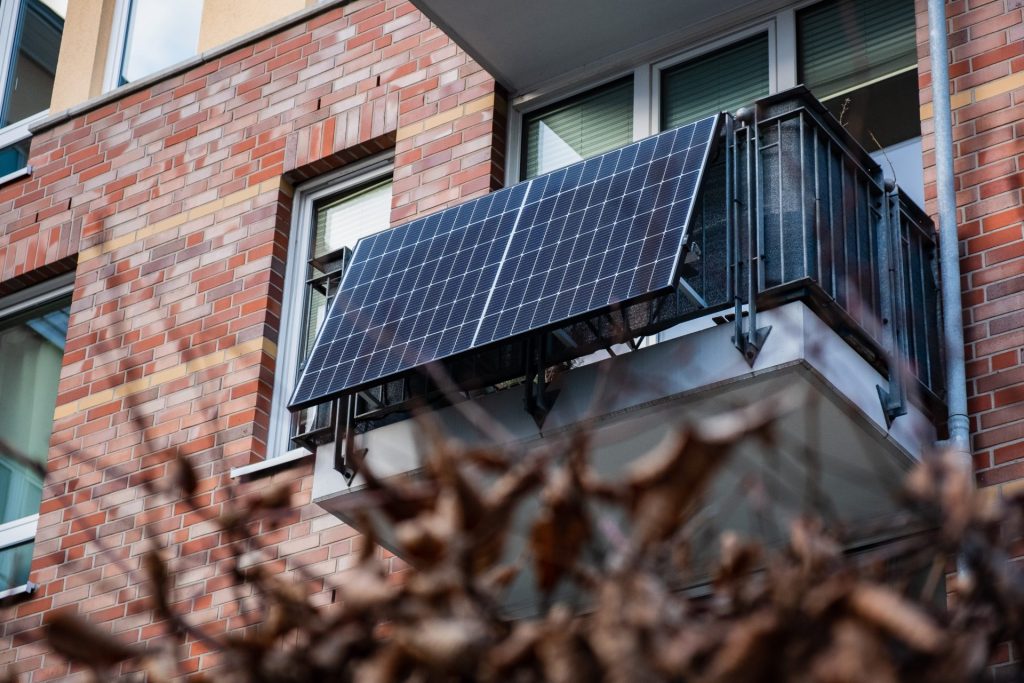
At a Commissioning by the end of 2022 Operators of PV systems who opted for standard taxation and claimed input tax deduction for the purchase had to tax the solar power they consumed themselves as a so-called gratuitous transfer of value. This also continues to apply to older photovoltaic systems that are still subject to standard taxation and whose operators are entrepreneurs for VAT purposes.
The basis for assessment for this free transfer of value is the fictitious purchase price for electricity from the grid at the respective time. An exampleA household had a self-consumption of 1,000 kWh per year, and the net electricity price from its energy supplier was 27 cents per kWh. This resulted in a value of €270 for the self-consumed solar power. This was taxed at the regular rate of 19 percent, and the PV operator ultimately paid €51.30 to its tax office.
Important for income tax
Anyone who operates a PV system can achieve revenue, both from the electricity fed into the public grid and from the portion of electricity used by the owner. Profits Previously, these had to be reported in the tax return using the income surplus calculation. Tax authorities made exceptions only for rooftop PV systems with a capacity of less than 10 kWp.
Since 1 January 2022, for smaller PV systems on the income from the sale of solar power and from private use no more income tax This regulation applies to old and new PV systems with a capacity of up to 30 kWp on, at, or next to single-family houses; for multi-family houses, it is limited to 15 kWp per residential unit. no income surplus accounts no longer be prepared for your income tax return. In return, however, you can no longer deduct the private PV system from your taxes.
The most important things about tax returns
Does a photovoltaic system have to be reported to the tax office?
By feeding electricity into the public grid, the PV system operator is considered a business owner. Therefore, they must generally register their PV system with the tax office for tax purposes within one month of commissioning. For reasons of reducing bureaucracy and administrative efficiency, the tax declaration and submission of the questionnaire to the responsible tax office for registration can often be waived. Conditions for the exception: This is a tax-free PV system with an installed capacity of no more than 30 kWp and the small business regulation applies.
Do I have to register a business?
In principle, anyone who operates a solar system and feeds electricity into the public grid is considered to be operating commercially. However, operators of PV systems with a capacity of less than 30 kWp have been exempt from the trade tax exempt – until then the maximum limit of 10 kWp applied. Whether a business registration is still necessary can be determined by the responsible Trade office of the city or municipality, the regulations vary regionally.
How do I get a tax number?
The responsible tax office informs the solar system operator of a business tax number This is not the tax identification number. Beforehand, the taxpayer must complete the "Questionnaire for Tax Registration." VAT payers also require a VAT number. This is issued by the Federal Central Tax Office allocated.
How does the tax return for a photovoltaic system work?
With the Tax exemption For small solar systems, there is no requirement to prepare a profit and loss statement for the PV system in the income tax return. Only those who are still subject to standard taxation, i.e., those who are not small businesses, are required to file a VAT return. The income and VAT returns are submitted on-line via the Elster portal of the tax administration.
How does the tax return for a photovoltaic system work?
Anyone who generates solar power is obliged to register their photovoltaic system and their power storage system with the Federal Network Agency. For this purpose, the Master data of the PV system in the Market Data Register (MaStR), the register for the German electricity and gas market, registered If the solar system is not registered in a timely manner, the operator is not entitled to the feed-in tariff. Installation companies often offer to register the PV system for the operator.


